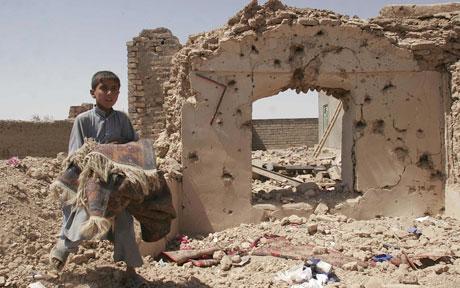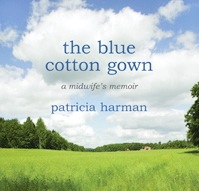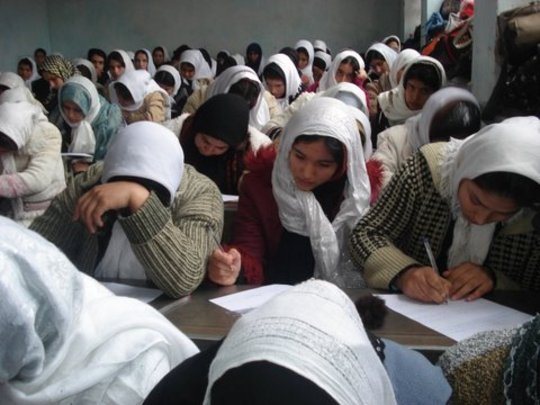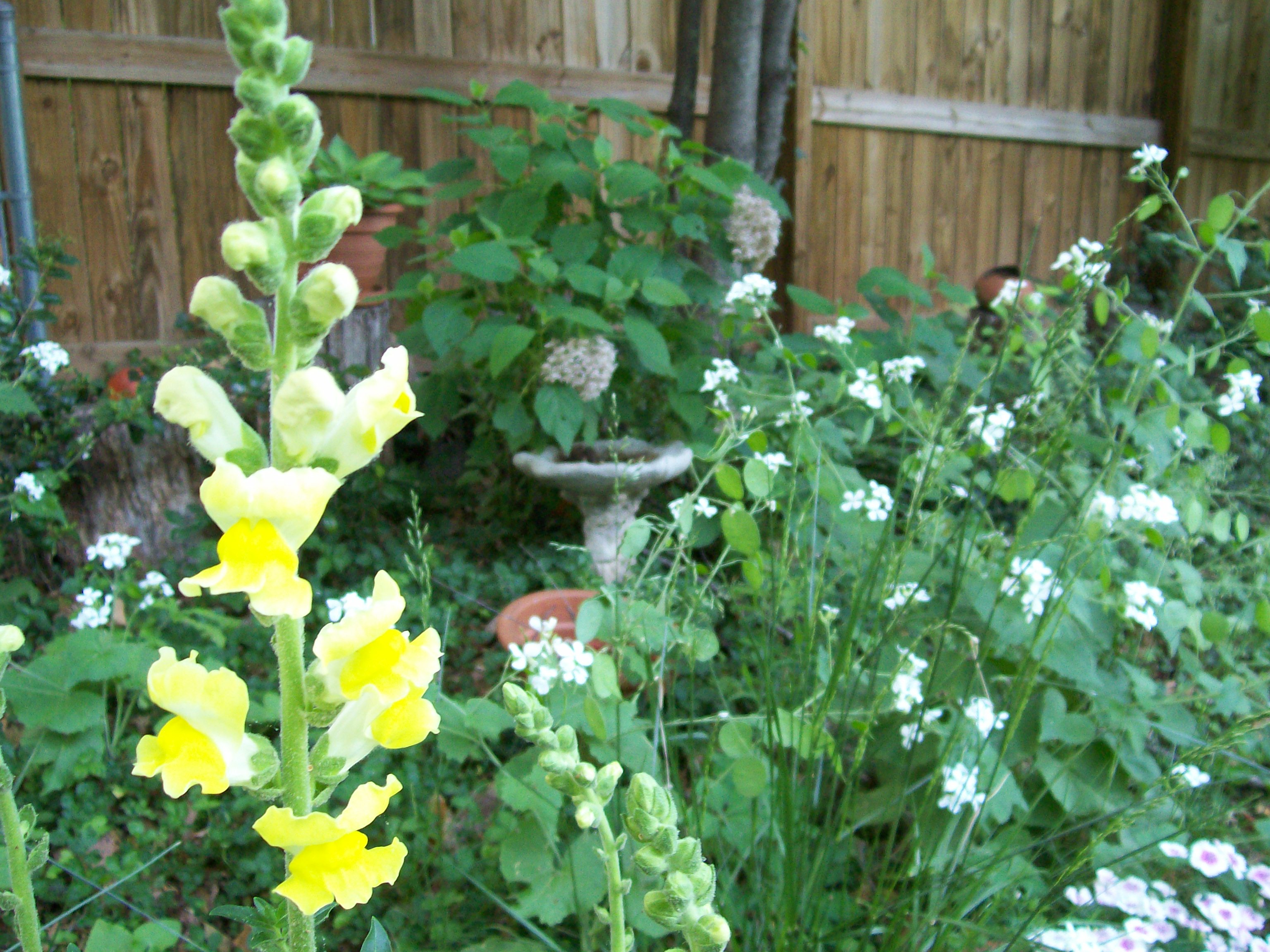Writing and Healing on the Radio
Last month I had the good fortune to get an invitation from Anne Hallward, a psychiatrist in Portland, Maine, who hosts a weekly show called Safe Space Radio. She was doing a series on writing and healing and invited me to participate in a phone interview with her. The show aired last week and is now available: Writing and Healing on the Radio I have to admit—I was initially wary of listening to it. It’s not as if I didn’t feel the interview had gone well. Anne has a gracious style of interviewing (she reminds me a bit of Terry Gross from Fresh Air) and I felt during the interview that she’d made a wonderful space for me to talk about a subject which I love. But I was still wary. I’m sometimes not so crazy about the sound of my recorded voice. So this past Sunday, I listened to it for the first time. I put the 30-minute interview on my iPod and took it with me on a walk. Maybe it helped that it was a beautiful day. And it definitely helped that Anne has skills with interviewing and editing. I walked and listened to the podcast and I realized something. It isn’t really so much anymore about my voice or how I sound. The interview isn’t really about me—and I love this. It’s about writing and healing. It’s about these experiences I’ve had and these things I’ve learned in different places and somehow it became this opportunity to try to weave them together to make something. This felt at the time of the interview—and feels again now—like a gift. To be able to try to make coherent, however imperfectly, some of my thoughts on writing and healing—some of which have been simmering for years. To weave together some of what I’ve learned in all these different places, going back—yikes!—to when I was in my twenties. I’m grateful for the generous space Anne made, the easy conversation within which I was able to share these thoughts and stories. And it’s nice too to think that someone might hear one such story and find it of use. The radio show itself is a great resource on a range of topics. I’ll write about this more soon. Meanwhile, here, again, for convenience, is the 30 minute podcast—thoughts and stories on writing and healing on the radio with Dr. Anne. Writing and Healing on the Radio If you click the link, you’ll notice it will open a flash player to hear the podcast. If you right-click the link you will have an option to save as an mp3 and make it portable. See also: Safe Space Radio: A Live Forum for Courageous Conversations [Image on post is a clip from banner photo at Safe Space Radio]...
read more




